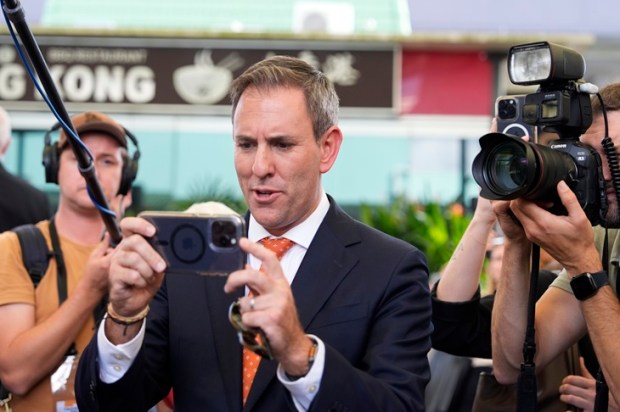In May 2020, the co-authors of this article each wrote a piece critical of lockdowns.
In The Spectator, Paul Dolan argued that lockdowns were as contagious as Covid, and in a blog for HxA, Maja Graso called for consideration of those who are vulnerable from Covid now and those who will be vulnerable to restrictions later. We had professional and personal reasons for writing these, and other articles, early in the pandemic.
Professionally, we wanted to see more debate on the full range of impacts of policies designed to limit the spread of Covid, because multiple perspectives are needed to decide whether the benefits of the response exceeded the costs. Even the early data showed Covid was not an indiscriminate killer, and we expected that major policy decisions to limit social contact should at least consider the effects on life expectancies alongside the direct effects on lives lost due to Covid.
Sadly, there was little debate; rather, those who dared to question lockdowns and propose alternatives (such as focused prevention) were labelled variously as fringe, dangerous, unethical, conspiracy theorists, Covid deniers, and agents of misinformation.
Personally, we also wanted it to be on public record that we found such discourse to be concerning, with the hope of encouraging others to consider the possibility that draconian responses could cause more harm than good if adopted indiscriminately and without consideration of aftershocks.
We expected that many more people would reach this conclusion in the months and years to come, but very few were saying it in early 2020. In fact, most of the academic and media criticisms of government policies were that lockdowns should have been harsher and lasted longer.
It appeared as if there was a perverse arms race taking place, with support for draconian measures quickly becoming the only socially acceptable signal of one’s concern for human life.
We care deeply about preventing deaths, especially in those who would otherwise die young.
We care deeply about how people die as well as when they die, whether they are involved in end-of-life care, and the ways in which their loved ones should look back on their last moments as fondly as possible.
And we care deeply about how well our societies live throughout our lifetimes.
These, and many other important concerns for life expectancy and life experience, were largely overlooked by governments in their responses to the pandemic, not just early on but in the light of new information about Covid’s severity.
We now see data showing the harmful effects of social distancing measures on, for example, the development of young children, education (particularly for children from poorer households), mental health, loneliness, and so on. It would be foolish to assume, without reflection, that these costs were worth it because of the dangers posed by the virus.
Many people now point to these collateral effects as an indication of the harms caused by Covid. We disagree. These harms are a likelier result of the policies put in place in response to Covid, and it is not obvious that relying on focused protection of the vulnerable would have resulted in worse outcomes.
It was a political decision to close great swathes of the economy. It was a political decision to move the entire education system online, with intermittent, jerky re-openings. It was a political decision to stop families from seeing their dying relatives in hospitals and nursing homes. It was a political decision to make it unlawful for people to see their family and friends indoors and out.
The presence of Covid did not require us to enact any of these policies. Many other options were available to policymakers, including focused protection whereby those most at risk from Covid would have been protected whilst everyone else would be allowed to behave largely as normal. This, and other possible policy options, were quickly ruled out as unworkable and unethical without any proper analysis or debate.
The threat to life, to the health care system, and of long Covid were put forward as deal breakers on any response other than strict social distancing measures. Those are indeed serious threats, but the unprecedented testing and sustained reporting on Covid made any reasonable comparison to other viruses impossible. The only permissible policy options became blanket restrictions on human contact, and the only meaningful discussion was how harsh the measures should be and for how long they should be in place, with the threat of their re-implementation continuously looming.
The next time we offer up Covid as a scapegoat for children starting school unable to speak properly, for 100,000 children in the UK still missing from school, for the inflationary effects of quantitative easing that paid millions to stay off work for months, for the crisis in loneliness amongst young adults, the recurrent threats of future restrictions, and much more besides, let us remember that these were caused by the response to Covid. It’s the policies wot lost it, not the pandemic.

























